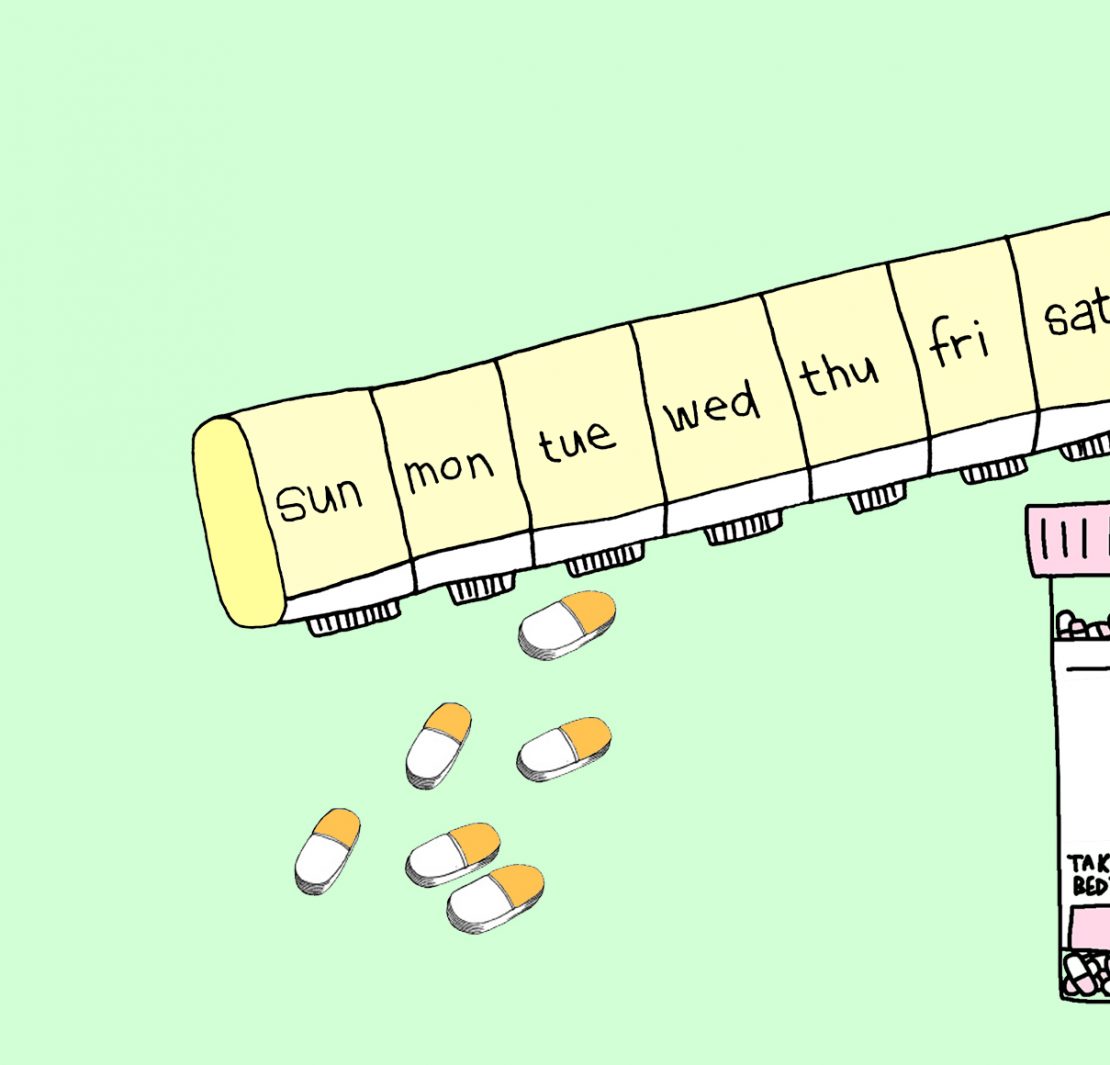In my final year at high school I’d narrowed my future to two options, either social work or teaching.
Still not knowing which to pick I was fortunate enough to go on a kind of ‘gap year’, where I spent four months in Ghana, West Africa volunteering and teaching primary school children. It was during this experience I realised that, despite my initial thoughts, I wasn’t the greatest teacher and that I was passionate about helping communities.
I have always had a fascination about the drug, alcohol and criminal justice field and so the social work industry seemed like the perfect fit.
I studied social work and then when a rehabilitation program I had volunteered at offered me a job helping to reduce recidivism and assist those struggling with lifelong addiction I jumped.
I probably would have said ‘How high?’ at the time too. I’m a helper and I’ve always been that way and frankly, I really enjoy it.
About the degree:
I really believe that the social work degree I completed at The University of Sydney did its best at preparing us for what was happening in the social work world. Granted, you can’t learn everything at uni especially for social work as a lot needs is picked up on the job.
Nevertheless, the social work degree is incredibly useful as it’s a fully comprehensive four-year degree with 1000 hours of mandatory experience that we completed over two different placements. This was aimed at giving us diversity in placement experiences and learning in the field while having slightly reduced responsibility. In saying this, my second field placement was pretty full-on.
I was a part of the Wayside Chapel’s Day-to-Day Living team and our focus was working with and advocating for, people experiencing significant mental health issues, drug and alcohol addiction and chronic homelessness.
I assisted with a women who was struggling with hoarding down the road. This I soon learned was part of her mental health; she’d been diagnosed with schizophrenia and acute anxiety. Her voices advised her to hoard belongings whilst her anxiety and paranoia increased due to the hoarding but fed into her voices, creating a never-ending cycle.
The hoarding was fairly intense in that she was unable to walk into many rooms of the two storey house.
In fact, I only made it to the lounge room (directly off the front door).
The hoarding was unhealthy and unhygienic hence the interaction with an aged-care team. Unfortunately, this woman refused any assistance (including washing of plates) from the aged-care team and as we were unable to provide any help. We were forced to leave her in an unkempt and unhygienic living condition.
This placement experience gave me a pretty good idea of what I had gotten myself into.
But at the same time, this injustice only encouraged me to delve into the depths of this world.
Why I chose this career?
The most rewarding part of social work is probably when a client has an ‘Aha!’ moment i.e. when their face lights up because whatever you’ve just said finally makes sense to them.
Some other rewarding parts are when client graduates (from the program) and moves on to bigger and better things. It’s amazing to see them come back into the office, looking fantastic, just to say hello. It’s so rewarding to know you’ve made a difference not matter how big or small.
I believe social work is one of the most diverse, flexible and challenging professions you’ll find. Our degree is an all-encompassing degree, affording us the ability to learn as much as we can about as many social service areas as possible.
For example, we’re trained counsellors, allowing work in private practice or government and non-government sectors but are also trained as advocates for those who experiencing an injustice while simultaneously being able to ascertain information, understand, assess and refer individuals to appropriate services.
Where can you get a job?
In my experience I’ve known social workers who have worked in alcohol and drugs, mental health settings, hospitals, hospices, multiple FACS sectors (e.g. child services or housing or disability and aged care), youth-specialised mental health, private practice counselling services, academia, domestic and family violence, rape crisis, Lifeline, etc.
My final advice
Years ago, when I would tell people I was becoming a social worker, their first reaction would be, “Make sure you don’t burn out”. Of course, I was young and a little arrogant and would respond, “Of course I won’t”.
Fortunately I never burned out, at least, not completely. I wish people had suggested I learn to take care of myself rather than just say, “Don’t burn out”.
I think I might have paid more attention to a positive, “Please take care of yourself” kind of statement because as social workers we’re taught to reflect on our responses, reactions, thoughts, behaviours etc.
In saying that, I know that when I first started out social working, I threw myself into everything. I did as much as I could for as many people as I could.







